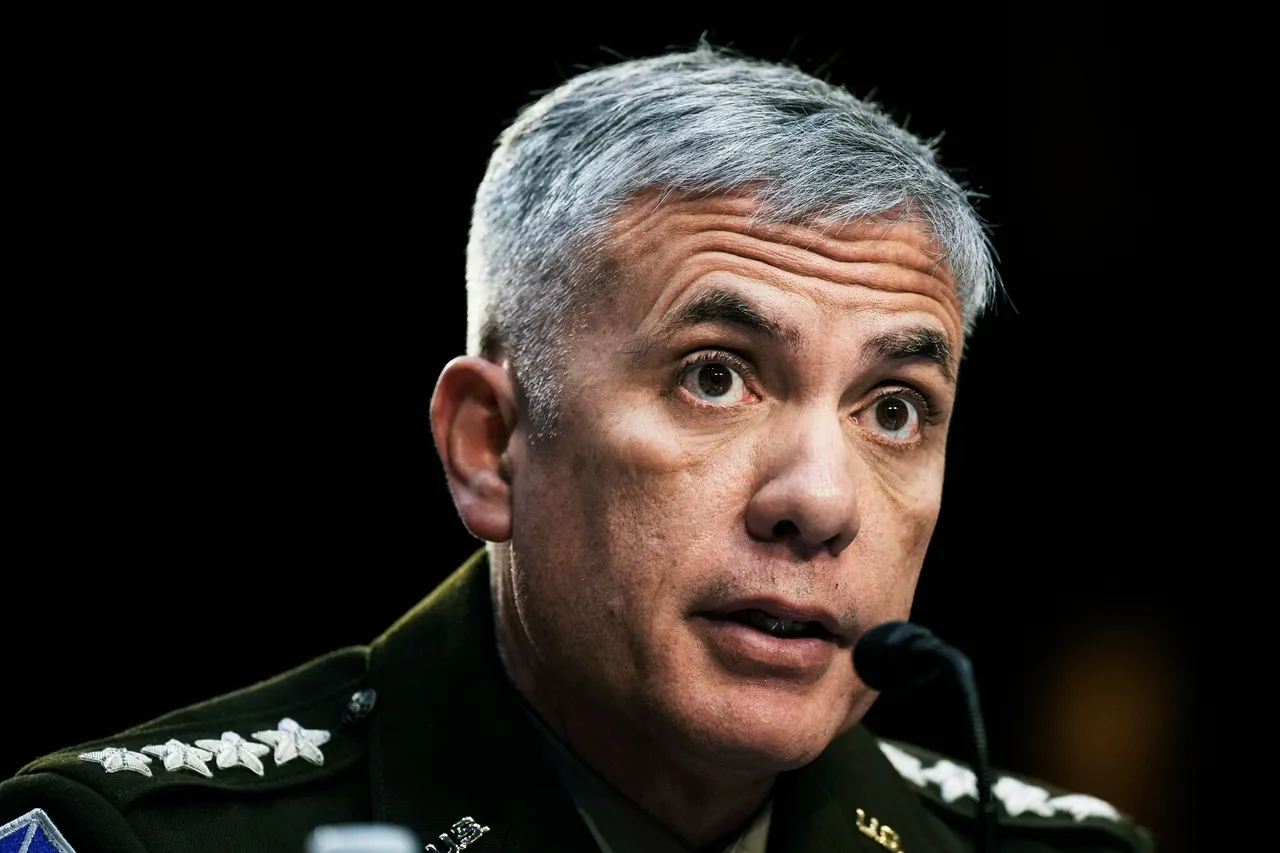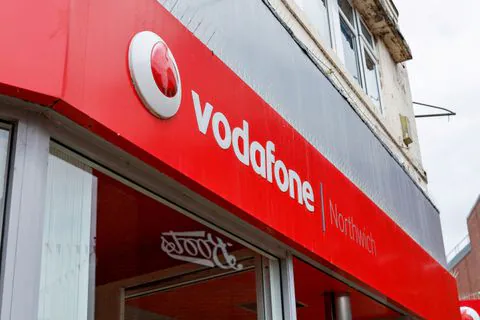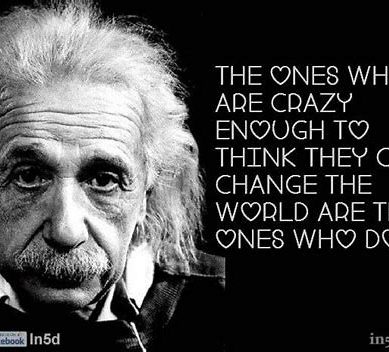Changed character of how countries go to war: In Russia’s conflict in Ukraine robots are fighting robots
Since Russia’s full-scale invasion in February 2022, small aerial drones have played an outsize role in the war in Ukraine – with thousands of drones being used to monitor the battlefield, watch enemy movements, and carry explosives.
Revealed: Pentagon tried to hide that it bought Americans’ data without a warrant
Ron Wyden, the US senator from Oregon, informed the nation’s intelligence chief, Avril Haines, on Thursday that the Pentagon only agreed to release details about the data purchases, which had always been unclassified, after Wyden hindered the Senate’s efforts to appoint a new director of the National Security Agency.
Revealed: Covid engineering plans were shared as coded messages between Wuhan lab and US scientists
The documents show that the scientists behind DEFUSE proposed a strategy to stitch SARS-related viral genomes together using six pieces.
Revealed: How American billionaire Bill Gates set up 20 shell companies to clandestinely buy Nebraska farmland
The buyer of those unassuming-sounding Nebraska farms wasn’t publicly listed. Until now, the financial details of the transaction and the gargantuan loan he’s taken out against it have remained publicly unknown.
Ex-military scientists at Beijing University create Covid variant that kills victims in eight hours
Christina Parks, a science educator with a degree in cellular and molecular biology, posted a video about the study, saying, “This is gain-of-function research. There’s no two ways about it.”
Vodafone signs $1.5b Microsoft deal with 300 million businesses for AI, cloud and IoT services
Vodafone’s M-PESA mobile money platform, which operates in Kenya, Tanzania, South Africa and other African countries, shared the same objectives as Microsoft in the region, such as building digital literacy.
German software firm fined $222m for bribery schemes in Kenya, Tanzania, Malawi and Ghana
The Walldorf, Germany-based company said it “separated from all responsible parties” more than five years ago, and that the accords end all compliance-related investigations in the United States and South Africa.
United Airlines finds loose bolts on several 737 MAX planes, raising pressure on Boeing aircraft
Alaska Airlines said it was waiting for final revised guidelines from Boeing before it could start inspecting planes and said it was ready to begin as soon as it received required FAA approvals. Boeing said it was staying in close contact with MAX 9 operators and would help customers address any findings during inspections.
Scientists find a quarter million invisible nanoplastic particles in a litre of bottled water
Previous studies have looked at slightly bigger microplastics that range from the visible five millimetres, less than a quarter of an inch, to one micron. About 10 to 100 times more nanoplastics than microplastics were discovered in bottled water, the study found.
Reintegrating knowledge and truth: Science, religion and politics are not diametrically opposed
All these ideas and practices penetrate each other, are interdependent and interconnected with God at their centre. We are acting the ignorant when we deliberately, persistently, consistently, continually and perennially extricate God from them.














